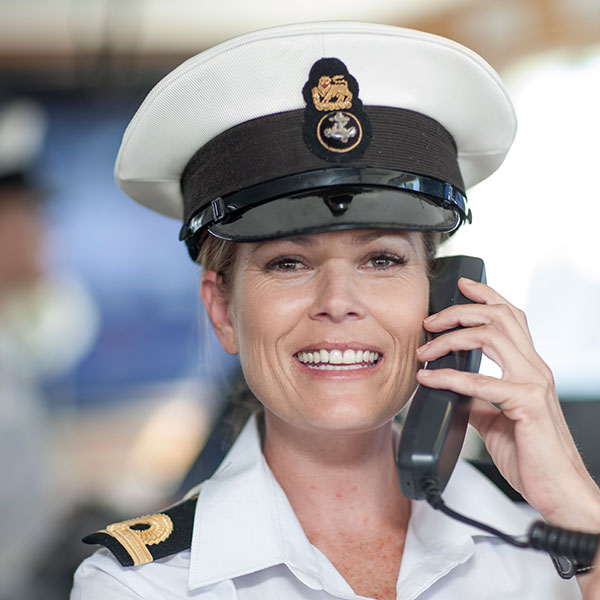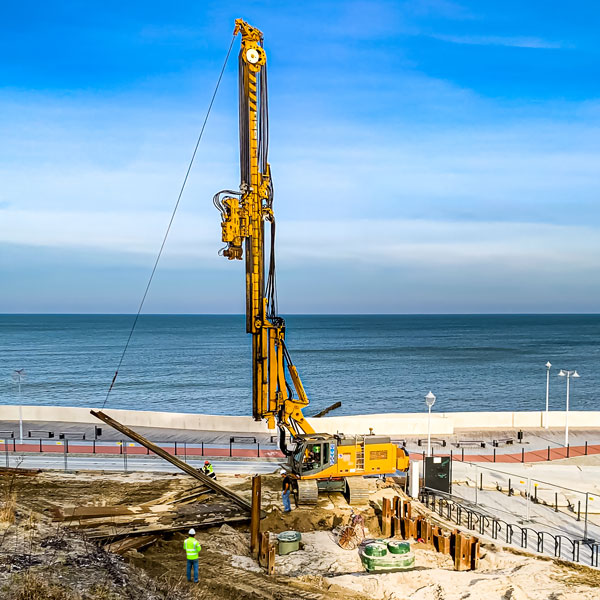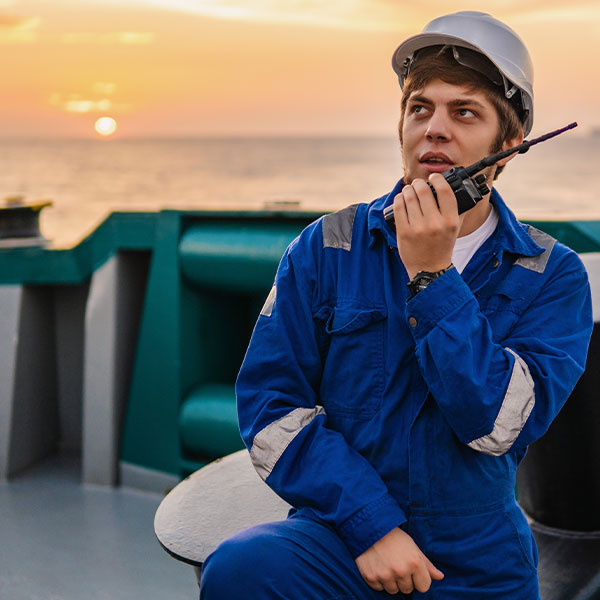career pathways
The Working Waterfront Coalition (WWC)
WWC hosts informative sessions to introduce attendees to career opportunities in the Maritime Industry and expound the massive shortage of maritime workers needed to meet the demand. Attendees will learn about various pathways in Maritime Trades, including roles in shipyards, tugboat operations, and ferry services. Informative sessions will highlight WWC’s comprehensive training components, with an emphasis on *essential soft skills and showcase provided wrap-around services such as stipends, transportation assistance, and childcare support. Attendees will also discover partnerships with community organizations that aid in recruitment and case management.
Essential Soft Skills (Imperative training component included in these informative sessions)
Soft skills are essential for professional success. They are the personal attributes and abilities that enable you to interact effectively and harmoniously with other people in the workplace. Soft skills include Successful Work Habits, Effective Communications ,Customer Relations, Resume Development, Interview Prep and Financial Literacy.
Choose a Career Pathway in Water Front Jobs
Informative sessions will be available to introduce attendees to career opportunities in the Maritime Industry and expound the massive shortage of maritime workers needed to meet the demand.
Marine Trades

Shipfitter (Machinist)
Focuses on fitting and assembling metal parts for shipbuilding and repairs.

Shipwright (Carpenter):
Specializes in constructing and repairing ships and boats using woodworking skills.

Scaffolding
Provides temporary structures that support workers and materials during vessel construction and maintenance.
Water Transportation

Captain
The highest-ranking officer on a ship, responsible for overall vessel operation and safety.





